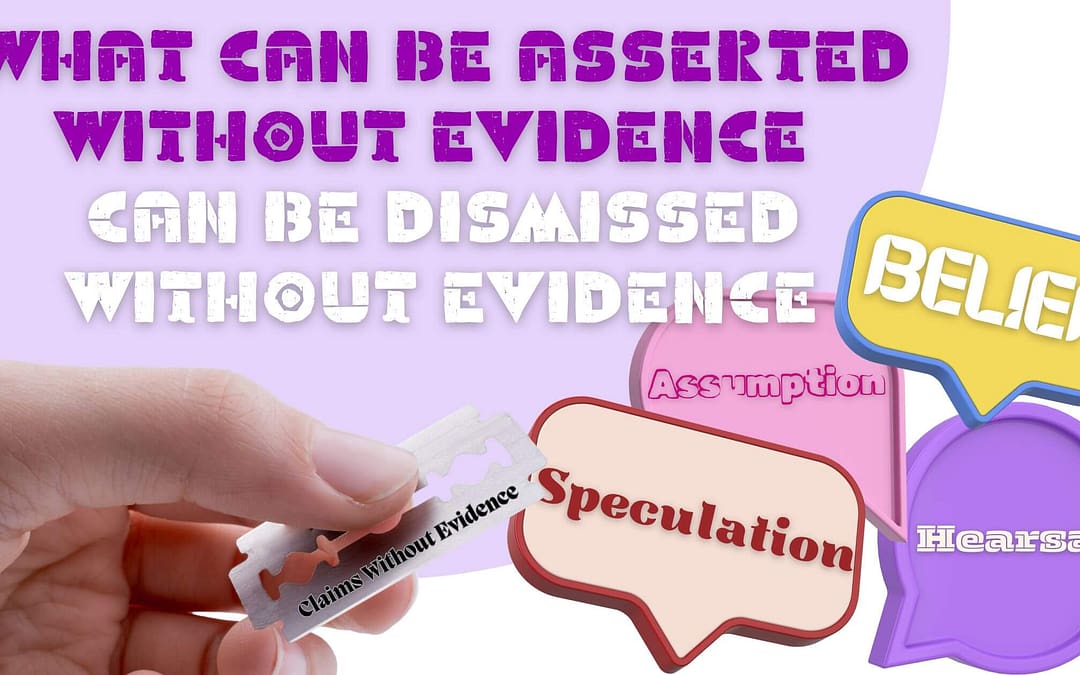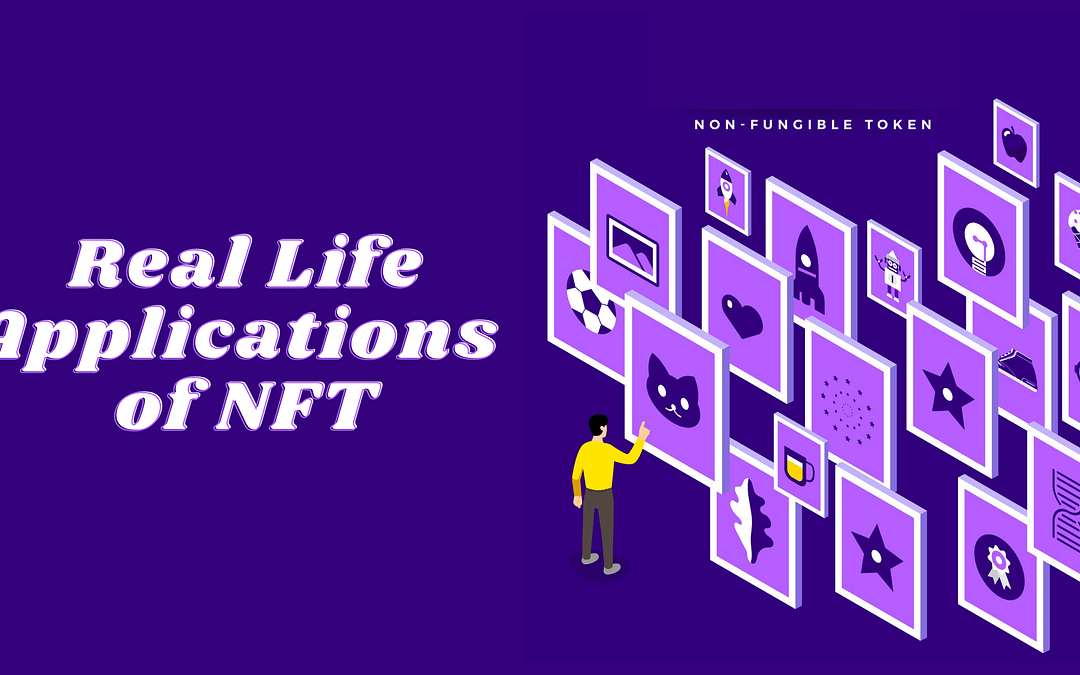“Patients can have as many diseases as they damn well please.”
John Hickam
Occam’s Razor implies that the simplest answer is usually the correct one. This is often not the case in the medical profession. The body is a complicated organism with a lot of moving parts.
To apply Occam’s Razor to the body would imply that it is more likely a single cause is responsible for many symptoms. Although this may be true in some cases, doctors are often required to find new diagnoses to explain their patients’ conditions.
Hickam’s Dictum can also have applications outside the medical field.
A reminder to keep an open mind
Remember that mental models are not replacements for rational thinking. They are only tools we use to think rationally. Part of thinking rationally is keeping an open mind to the possibilities we haven’t yet considered.
When we think we know the answer to something, we stop searching and start confirming. When you find the simplest solution, no matter how complicated the problem, you may stop thinking of alternate explanations with more complexity. But if there is one thing we can count on, it’s that life is complicated.
Settling on the simplest answer also doesn’t leave a lot of room for insight into the future. For example, assume that a tree is dying. You might be right in assuming that disease is the culprit of the tree’s ill health. But how the disease spread and how it came to be may be far more complicated and require a deep dive into all the possible causes.
Maybe bad weather a hundred miles away drove a flock of birds towards the tree, and with them, they brought a bacteria the tree wasn’t able to fight off. The bad weather may have been caused by an unknown astronomical event caused by something even more obscure and imperceptible to us.
Whether this answer is likely or not is not the point. It is just a reminder that although something may be unlikely, unlikely things do happen.
Occam’s Razor or Hickam’s Dictum
You might be wondering which mental model is the best at explaining an event. But, this would assume you can only use one model and not the other. These models are best used together.
You can think of Hickam’s Dictum as the balance to Occam’s Razor. Leaving room for both a complicated and simple answer gives you the range to rationally consider all the information at your disposal. Once you begin using hard fast rules to attaining an answer, you guarantee that you will eventually be wrong.
Occam’s Razor relies on the likelihood of an event, but remember that unlikely things do happen. Think of this like a detective solving a crime. They might begin with the usual suspects who are statistically most likely to have committed the crime, but a detective would never rule out the possibility of an exceptional suspect.
Similarly, you should way the odds of the most likely answer, usually the most simple one, and test your solution wherever possible. In some cases, there isn’t a way to test a hypothesis. But if you can rule out other ideas, then you can be more confident in your answer.
Expect the unexpected
Unless you have a crystal ball that can show you the future, unknown factors and unpredictable events will always happen. Using both Occam’s Razor and Hickam’s Dictum allows for the consideration of more possibilities and, because of this, helps us avoid false assumptions.
Rare and complicated things happen. People are struck by lightning, killed by meteorites, or are lucky enough to win the lottery. When these things happen, we don’t question how the event’s improbability doesn’t mean it can’t happen.
When you are dealing with a complicated subject, your answer will likely be complicated. The challenge is to distinguish whether or not something is as complicated as we think it is. This requires attacking the problem from all angles and leaving ourselves open to all possibilities.
We must expect the unexpected, but at the same time, not live our lives as if exceptions are the rule. Keep an open mind and use these mental models to help you consider a problem rationally.











